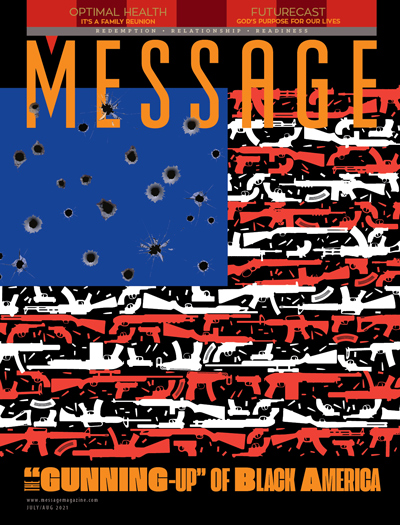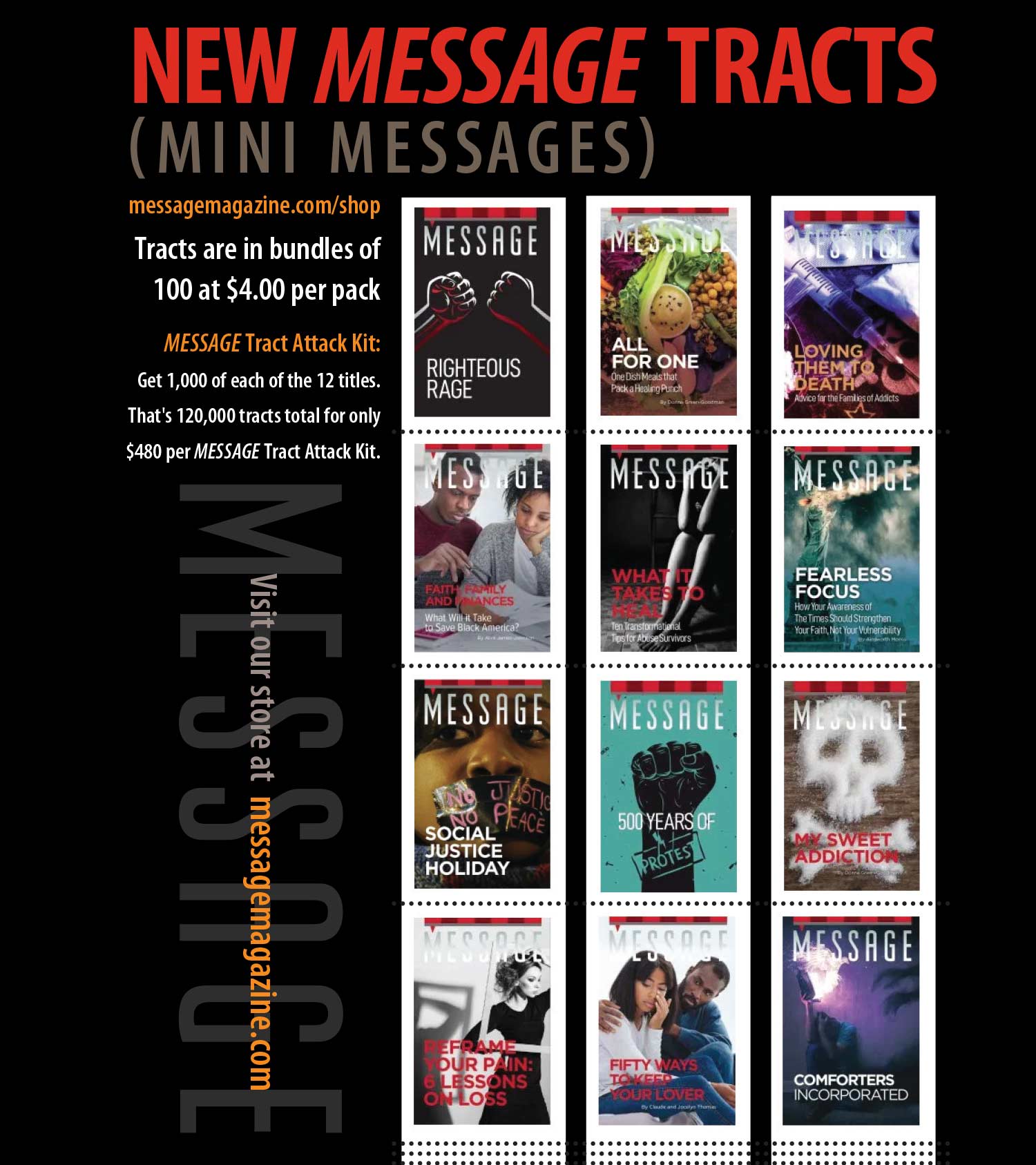MEDIA THAT TAKES YOU HIGHER
THE DESPERATE GIVE AND THE REAL TAKE
THREAT OF REDISTRICTING
LORRAINE HANSBERRY’S HOUSING ADVOCACY
THE PHYSICIAN IN YOUR KITCHEN
THE SECRET THING EVERY WIFE NEEDS TO KNOW ABOUT HER HUSBAND
MARRIAGE INSURANCE
TRUTH IN HUMILITY
THE GREATEST FAMILY


—Message, circa October, 1979, “A Time to Expect Great Things,” by Dr. Gardner C. Taylor
Ebony Holland
Ebony Holland, an educator, recording artist, and now author, has written a book to benefit all teachers, principals, and school administrators. After 25 years of teaching, she has learned how to design a creative environment for her students. She believes that they are superstars, and she holds them accountable to higher standards. This book is perfect for educators who are looking to build new opportunities for scholars to grow in the classroom.


Pacific Press Publishing Assoc.,
Virginia Ramsey 1-800-456-3991
Advertising
Samuel Archer
[email protected]
Marvin Brown
G. Alexander Bryant
Carlton Byrd
Virgil Childs
Byron Dulan
Henry Fordham
Daniel Honore
Benjamin Jones
Clifford Jones
Abraham Jules
Kenneth Manders
Michael Owusu
Peter Palmer
William Winston
© 2018 by the North American Division of Seventh-day Adventists, 9705 Patuxent Woods Drive, Columbia, Maryland, 21046, U.S.A. Address editorial correspondence to MESSAGE MAGAZINE, 9705 Patuxent Woods Drive, Columbia, MD 21046-1565 U.S.A. All subscriptions are prepaid. If you did not order MESSAGE, it is being sent as a gift from a friend. You will not be billed. To subscribe, mail payment to MESSAGE, 1350 North Kings Road Nampa, ID 83687, U.S.A. or call 1-800-456-3991. Subscription price: one year, $19.95 U.S. currency; single copy, $4.00; overseas, add $10.00 per year for postage. Prices subject to change without notice. Periodicals Postage paid at Nampa, Idaho and additional offices. Vol. 87 No. 5 Sep/Oct 2021. POSTMASTER: Send address changes to MESSAGE, 1350 North Kings Road Nampa, ID 83687, U.S.A. Printed in the U.S.A.
Unless otherwise noted, Bible texts in this issue are from the New King James Version. Copyright © 1979, 1980, 1982 by Thomas Nelson, Inc. Used by permission. All rights reserved. Statements in this issue attributed by an author to other speakers/writers are included for the value of the individual statements only. No endorsement of those speakers’/writers’ other works or statements is intended or implied.

ngel, with the blue eyes, lurked on the outskirts of our Chester, Pennsylvania Message Community Infusion in July. I don’t necessarily blame him for being wary of our enthusiastic bunch. How desperate do you have to be to clean up an empty city park, trim the trees, set up the praise team and band, bring in free food and give away free COVID shots—all so we can attract a potential contact who needs Jesus?
Very desperate. And I’m down with it. It’s not a pretty scene, ever. People with things to do and places to go have little time to stop and assess their existential predicament. It’s the people parked on the bench, who need everything—now—that gravitate toward any light of life.

hen you consider the three-legged stool of democracy, we rattle off census and voting, but often forget about redistricting. The Census counts and tracks the population in the United States. Voting gives the right of the population to participate in the election process. However, redistricting establishes voting districts throughout the population for local, county, state, and national elections. Like the census, redistricting takes place every 10 years.
The census has real financial impact in the nation’s communities. According to the U.S. Census Bureau, in 10 years each person brings in revenue to his or her community to the tune of $1,800 per year, totaling $18,000. So, clearly, everyone counts, and everyone matters.
Voting also has real civic impact. We’ve learned that one vote can make a difference. We hold dear the historic fight for women and people of color to obtain the right to vote. Unfortunately, unlike either the census or voting, redistricting fails to capture the attention of many. Its import flies under the radar, but somebody is watching.
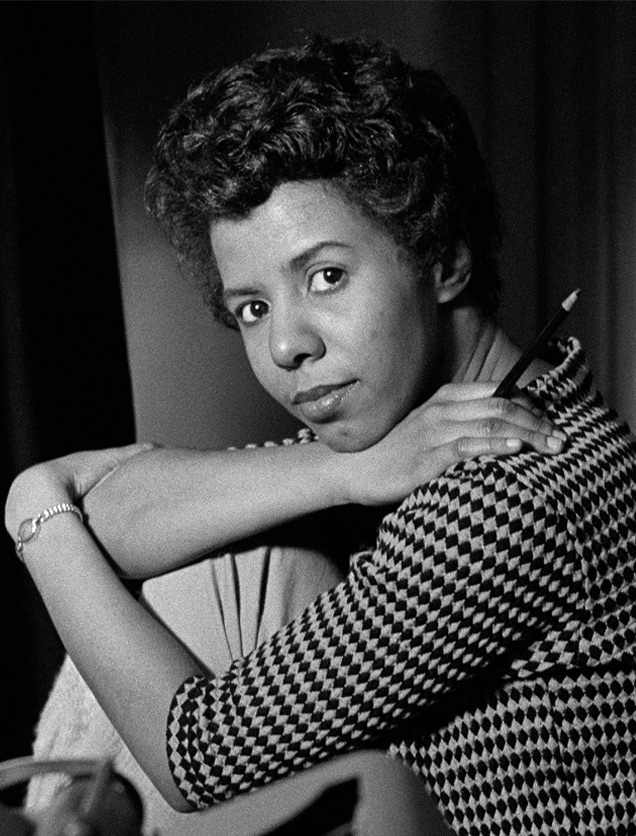
orraine Hansberry was born on May 19, 1930 in Chicago, Illinois, the youngest of four children. The Hansberrys were a middle class family with a very active social life. W.E.B. DuBois, Paul Robeson, Duke Ellington and Jesse Owens were some of the celebrity visitors to their home. However, being middle class in the North didn’t shield them from racism.
In 1938, the Hansberrys moved to an all-white Chicago suburb and were harassed by their neighbors. Lorraine was almost hit in the head by a brick thrown through the house window. A court soon ordered the family to move out of their home. With the help of the NAACP, Lorraine’s parents fought back all the way to the Supreme Court. Their case helped outlaw housing discrimination.
Lorraine Hansberry is best known for being the first Black female playwright to have a play produced on Broadway. It was originally called, The Crystal Stair. Most people don’t know that title because she renamed it A Raisin in the Sun. The new title was from a line in Langston Hughes’s poem, “A Dream Deferred.” In some ways the play was like an expansion of the famous poem.
wenty-five years ago, when I was diagnosed with invasive, aggressive, metastatic breast cancer, doctors gave me the prognosis of two to five years to live, at most, with or without treatment. My expert surgeon and radiation oncology team, however, knew little of the value of healthy lifestyle and plant-powered living, and they were uninformed about its effects.
In the many years that have passed, more health professionals are becoming aware of the science behind diet and health and are beginning to incorporate it into their patient care plan. I spoke with two such professionals who shared their views on this practice.
ou’ve probably heard it said that the number one thing that husbands need is respect, and that is correct. However, our understanding of respect is often basic and rudimentary. We know men want respect on their job, at church, from other men, and from their wives. But respect for a man is so much bigger than not talking down to him in public or not treating him like a child.
If you want an advanced-level understanding of respect, you must level up to Respect 2.0. So we’d like to reframe it for you. Here it is—husbands want their wives to believe in them. It’s that simple. If you believe in him, it will empower him to achieve more than he ever could without your belief.
hen the R&B group, the O’Jays, recorded the hit song “For the Love of Money” in 1974, I’m not sure they knew how evergreen the lyrics were: “For the love of money…people will steal from their mother; for the love of money….people will rob their own brother.”
Given the power of money and its impact on families, it seems only fitting to discuss some helpful financial practices when dealing with family finances. Should I lend to my cousin? What is my spouse going to think when she finds out I loaned some money to my sibling? Family dynamics can get really interesting with funny money.

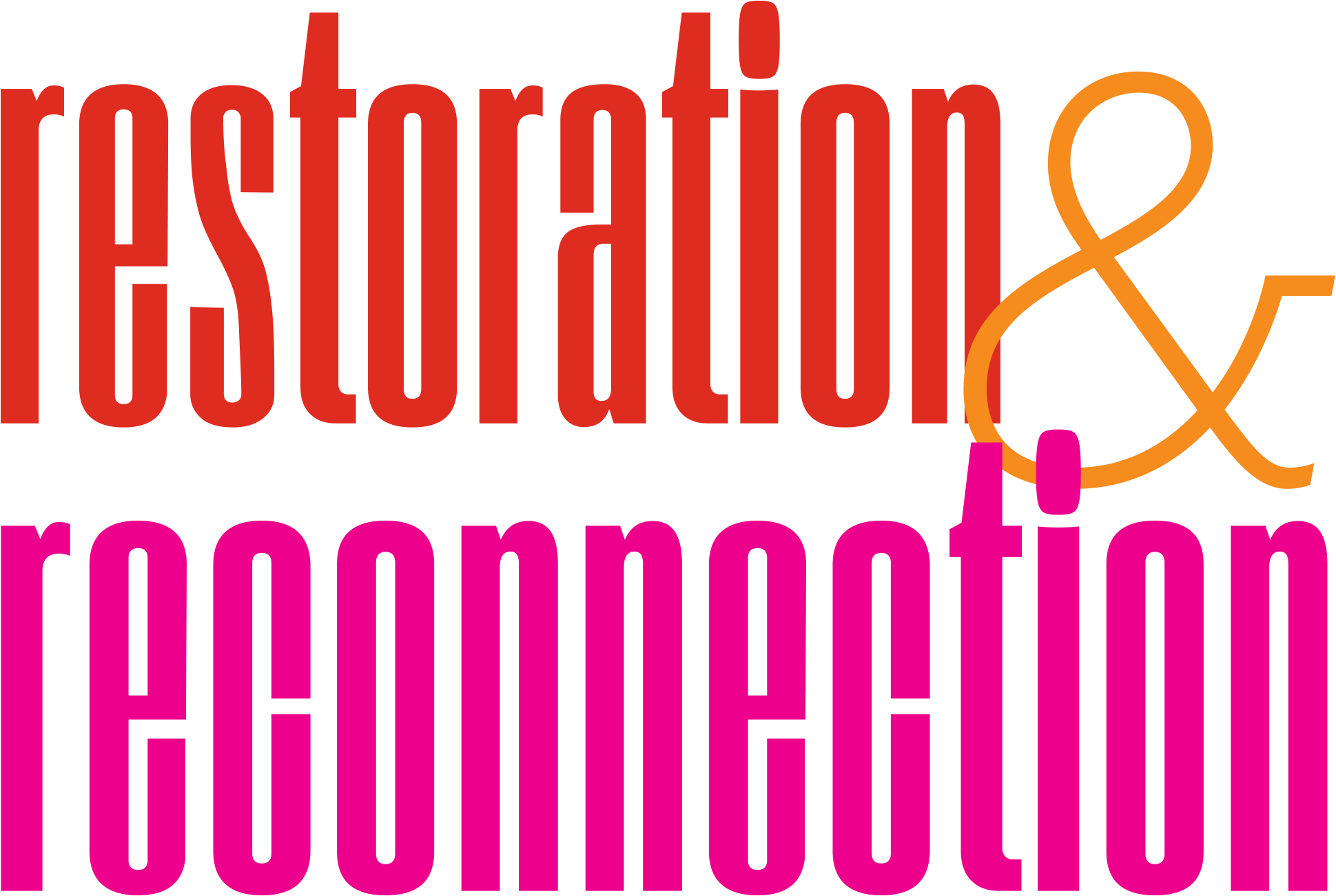
hether we are sensing increased racial conflict and misapprehensions, or recognizing the ever widening gap between the old and young, our relationships have been strained even before COVID-19 sent us all to our rooms. The church, for some, creates a refuge of support. For others with challenges, the church misses an opportunity. The data, says Brooke Hempell, Senior Vice-President for Research at Barna, informs our approach to actually addressing these challenges.
Recent studies indicate declines in church attendance and spiritual practices. The data indicate a steady decline in faith and beliefs. Hempell acknowledged in an interview that the Christian polling organization sometimes carries the reputation of “Bad News Barna.” However, the methodology and analysis is prophetic, as the research holds a prophetic mirror up to the Body of Christ.


 outh today face many barriers as they navigate their lives. Socioeconomic status, housing, family finances, mental health, access to adequate education, family relations, and peer pressure are factors that play a role in the life choices that youth make. Youth turn to unhealthy coping mechanisms to handle the challenges of their everyday lives, like when they do not have access to their basic needs or lack a support system and quality providers to address physical, emotional and mental health needs. This often leads youth to go into “survival mode,” making poor choices that cause them to become one of the 60,000 youth under 18 who are incarcerated in the U.S. on any given day1.
outh today face many barriers as they navigate their lives. Socioeconomic status, housing, family finances, mental health, access to adequate education, family relations, and peer pressure are factors that play a role in the life choices that youth make. Youth turn to unhealthy coping mechanisms to handle the challenges of their everyday lives, like when they do not have access to their basic needs or lack a support system and quality providers to address physical, emotional and mental health needs. This often leads youth to go into “survival mode,” making poor choices that cause them to become one of the 60,000 youth under 18 who are incarcerated in the U.S. on any given day1.
The rationalization for their choices starts small. “I am selling drugs to support my family.” “I make more doing this than working a legal job!” “I am doing this to maintain a certain lifestyle!” “My peers are doing the same thing!” “Everyone I know is doing it!” “I am doing this to cope!” “What else can I do?” They reach a point where prison is the outcome, a place where nothing is left but time. In prison, many youth review the trajectory of life and pinpoint what led them behind bars. They begin to paint a new portrait of themselves.


Christians, we’re called to “give thanks in all circumstances,” to be “overflowing with hope,” and to “let our cheerfulness be evident to all.” But when you’ve been through a year and a half of a devastating pandemic, ongoing racism, and political divisiveness on top of the daily trials and sorrows of life, it can feel nearly impossible to be grateful, hopeful, and cheerful. Instead, many of us are tired, stressed, confused, angry, and struggling with feelings of hopelessness and despair.
Is God asking us to do the impossible? How can we have a positive and hopeful response during times of adversity?
I believe the answer lies in the following truth: Your perspective determines your reality.

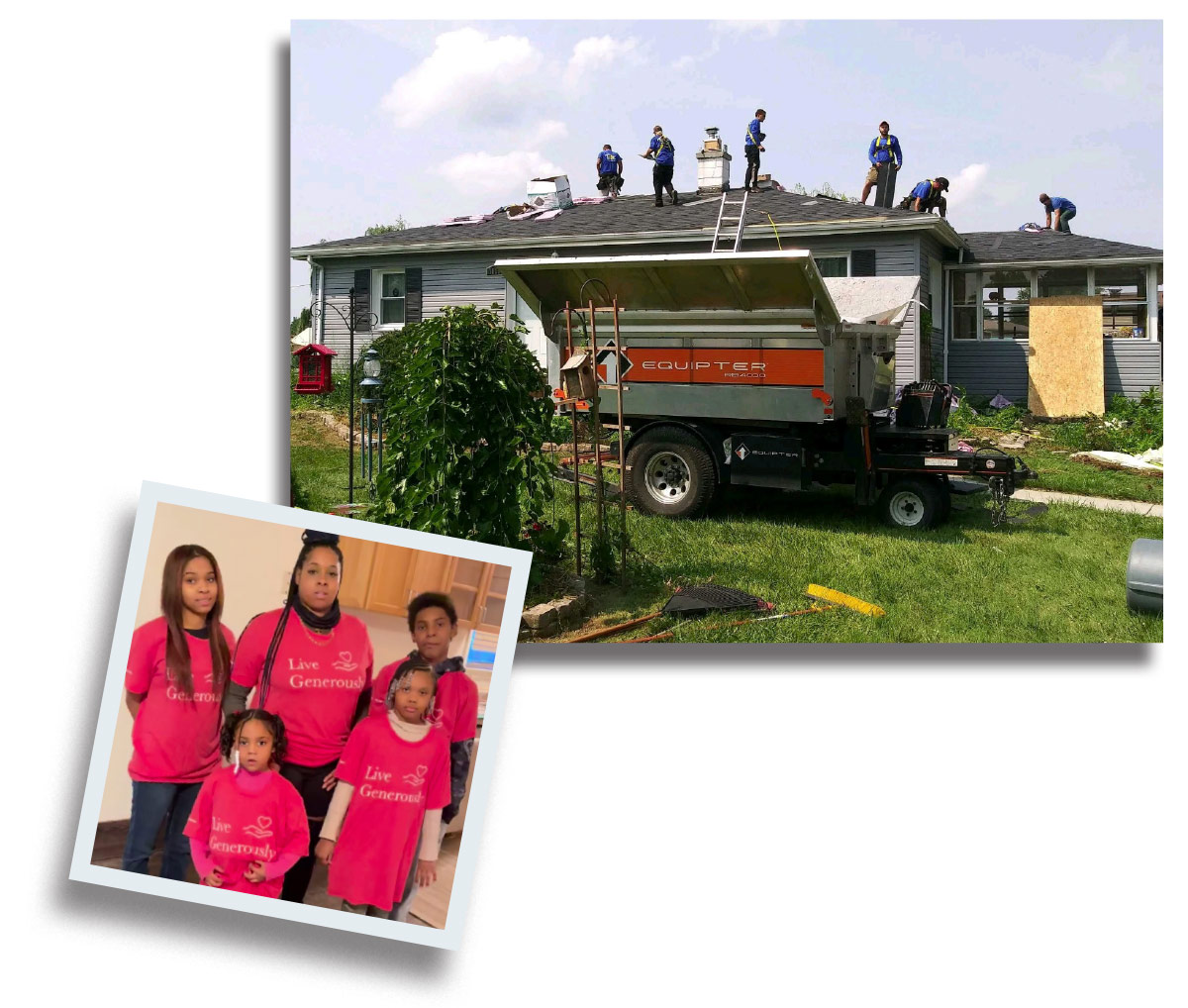
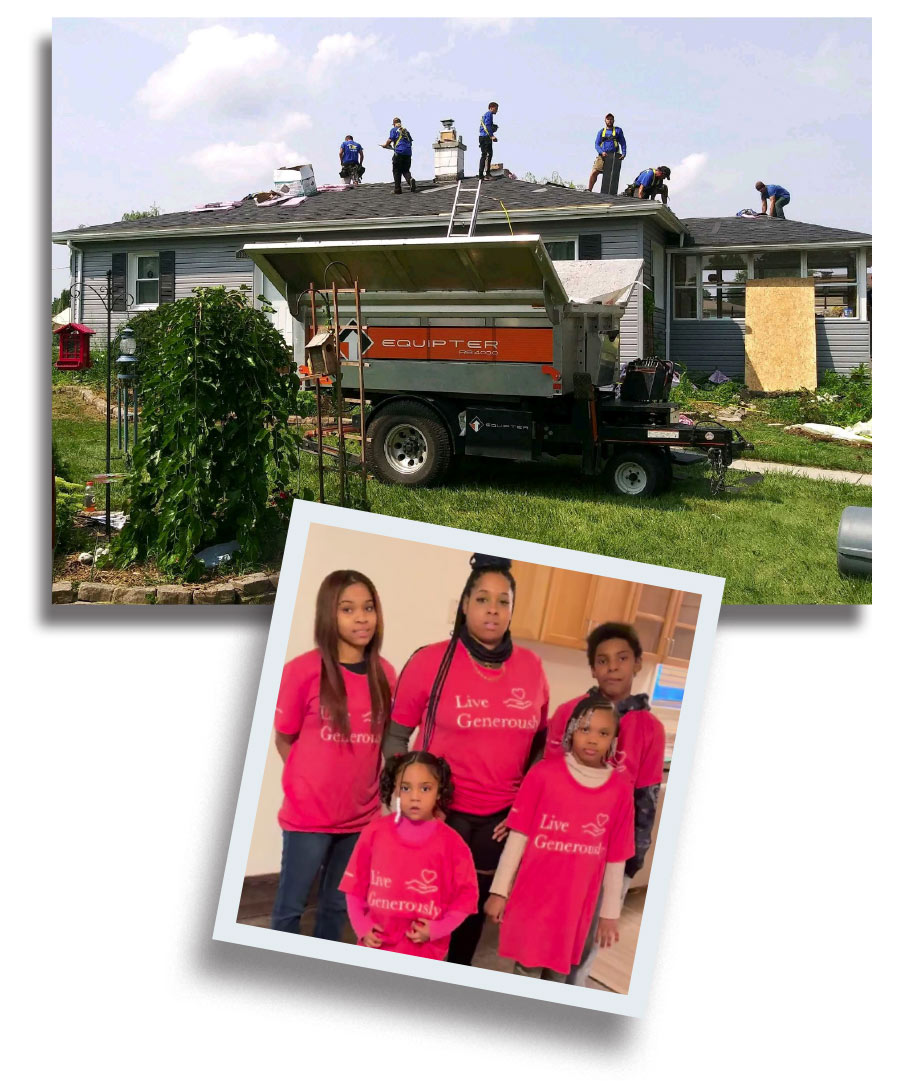


Teams of Habitat volunteers came back out. Now that the father of this young family was gone, the work loomed in the haze. The home needed a garage for storage and security purposes. The firepit he started needed finishing, and the sod for the sideyard needed to be installed.
Alice Dent, a CEO for Habitat, and also a member of the state board for housing in Michigan, coordinated the build, and the second wave of support. Even her board and colleagues accuse her of getting “too involved,” or being “too subjective.” Dent, however, checked off every box she could to ensure Olivia Boddie, and her kids leverage the love, wordlessly extended during this time of grief.




A 21-year teaching veteran, Drake witnessed 14 students wade into the water for baptism during the spring quarter of 2021. Two young pupils received a prayer of blessing over their lives, as well. Families and neighbors watched as 80% of the student body—kids, some challenging kids—decided they wanted a change.

This is the picture that God paints when He speaks about His church. With Jesus represented as the groom, many places in the Bible refer to the church as His bride (Matthew 9:15, Matthew 25, Mark 2:19, John 3:29, Revelation 19:7-9, Isaiah 54:5, Revelation 21:9). This represents the ultimate love He has for His church of believers.
The joy and commitment of a marriage is the kind of care and dedication Jesus has for all of us. And just as a bride prepares herself to meet her groom at their wedding, so the church prepares itself for the Second Coming of Christ. The Bible tells us the church is the community of believers who have accepted Jesus as both their Lord and Savior.



It happened on an official level around A.D. 300. The emperor Constantine converted to Christianity. In this act, he sought to merge his empire, a mixture of pagans and Christians, into one unified system by making Christianity the official state religion.
History tells us that one of the ways Constantine mingled paganism with Christianity was by merging pagan festivals with Christian meaning. This had a direct impact upon the observance of the Ten Commandments, and for purposes of this discussion, the Sabbath of the Bible.



Over the years, I’ve come to believe that following God’s instructions in one specific Bible verse can impact the success and longevity of a marriage more than any other. Genesis 2:24 says, “Therefore shall a man leave his father and his mother, and shall cleave unto his wife: and they shall be one flesh.”
In order to truly leave our parents, cleave to each other, and become one flesh, we need to follow three specific steps.



 ELLEN G. WHITE
ELLEN G. WHITE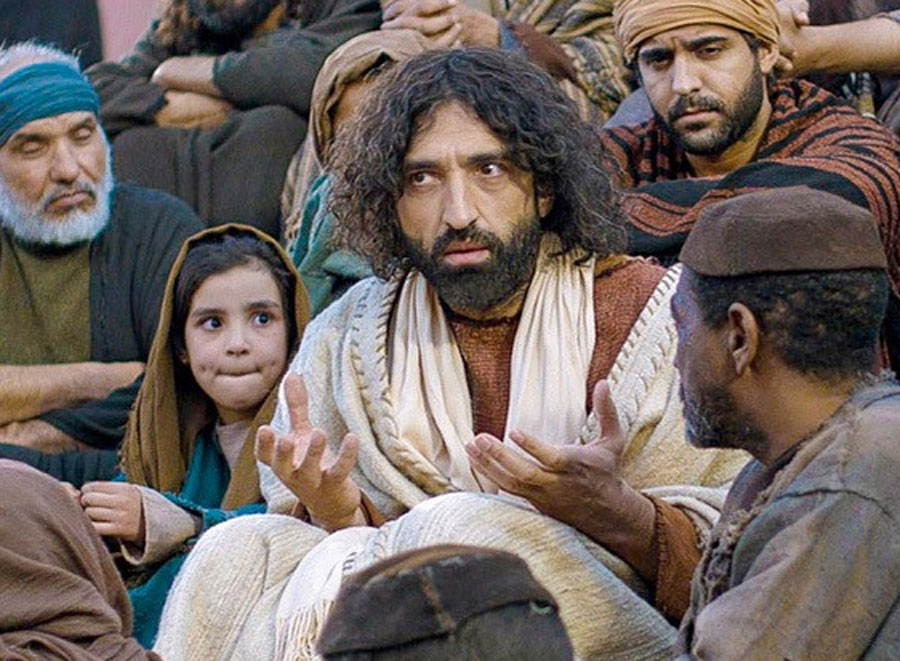
he Saviour gathered His disciples about Him, and said to them, “If any man desire to be first, the same shall be last of all, and servant of all.” There was in these words a solemnity and impressiveness which the disciples were far from comprehending. That which Christ discerned they could not see. They did not understand the nature of Christ’s kingdom, and this ignorance was the apparent cause of their contention.
But the real cause lay deeper. By explaining the nature of the kingdom, Christ might for the time have quelled their strife; but this would not have touched the underlying cause. Even after they had received the fullest knowledge, any question of precedence might have renewed the trouble. Thus disaster would have been brought to the church after Christ’s departure.
 Rashad burden
Rashad burdenne of the greatest gifts and challenges is family. There are those who value nothing above the ones who have the same blood flowing through their veins. Others experience trauma at the hands of the ones entrusted to have their best interest at heart. Jesus declared that those who are like children will enter into the Kingdom of Heaven. They are His family, part of the family of God. Join us as we explore who makes up The Greatest Family.




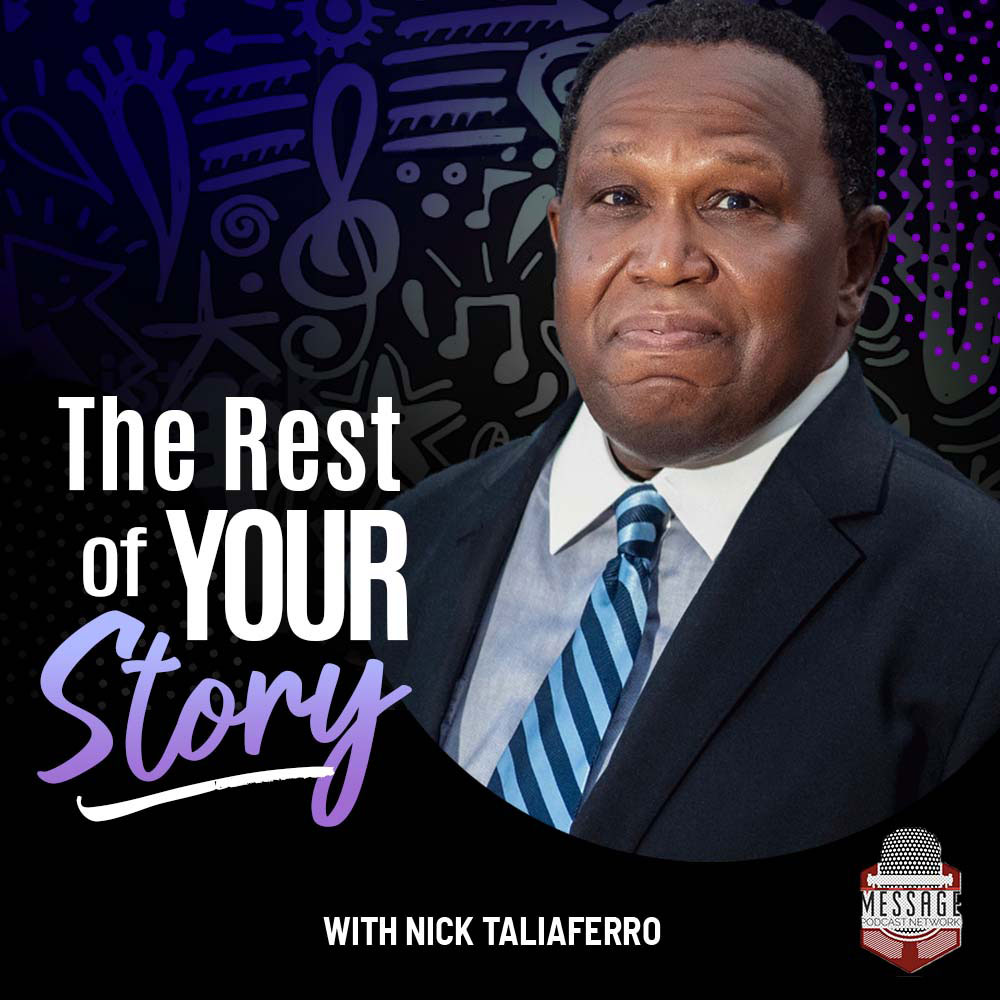


 Tune in to the
Tune in to the
Message Podcast Network

 Tune in to the
Tune in to the
Message Podcast Network

 What’s The Message?
What’s The Message?

 What’s The Message?
What’s The Message?
 Your Liberation Library,
Your Liberation Library,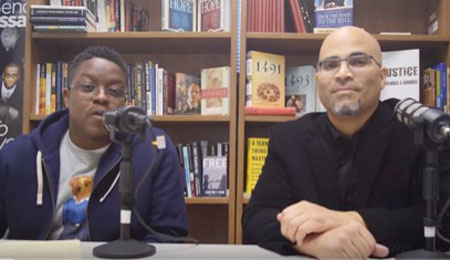
 Follow us on Twitter (message1898), and Instagram (message1898), and sign up for our weekly newsletter at messagemagazine.com so you can catch the inspiration.
Follow us on Twitter (message1898), and Instagram (message1898), and sign up for our weekly newsletter at messagemagazine.com so you can catch the inspiration.
Rev. Dr. Denise Strothers, National Operations Director for Healing Communities, on what it means to be a “healing community,” particularly as the church tackles critical issues such as prisoner re-entry, and sex trafficking.
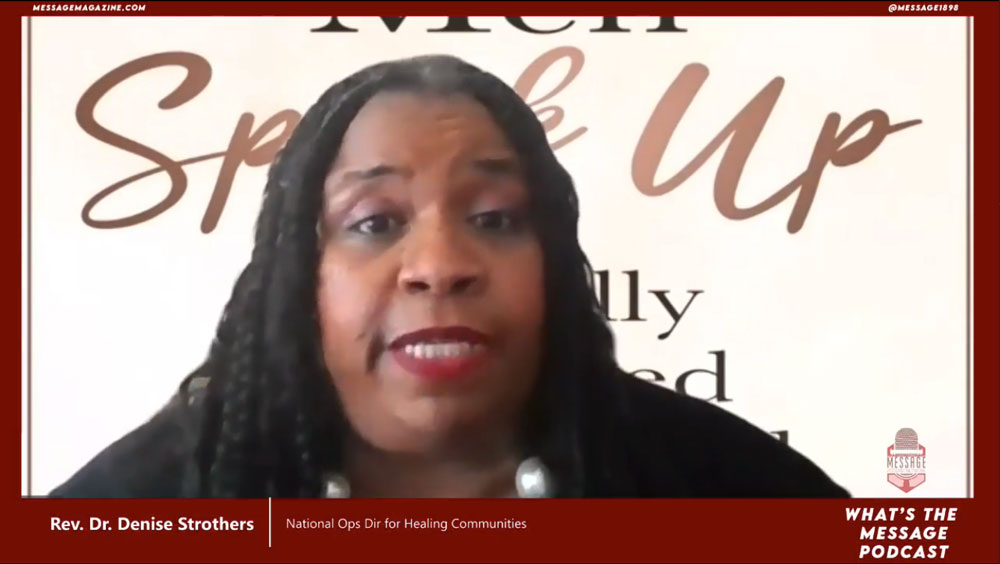
Strothers: After a while, something should register inside of us that we are not living Matthew 25 like we should. We have to come outside of the church’s four walls. I really think that [not being allowed to go to church] is the blessing that came through COVID-19. We didn’t have a choice.
We were all experiencing this famine, this devastation, if you will. That’s why we’re here; we’re teaching churches how to stop labeling people, how to remove the stigmatization, and really learn how to operate through grace and mercy.
Church members had been going to a prison where they met a young man. They worked with him and told him, “We will be here for you when you get out.” When the young man got out, the members asked, “What is it that you need? We want to help you.” The young man said he needed a ride to a job interview. So the members got an old car, fixed it up, and gave the car to the young man. He took the car and disappeared.
Of course the church members were distraught. “We were there to help him, and he just betrayed us,” they cried. The question they were asked was, “Well, what was his name?” And they couldn’t say. So they really had not gotten to know the young man. They were so busy trying to provide services to meet his physical needs that they were not dealing with what he really needed, and what he wanted—a relationship. He wanted community. He wanted someone whom he could [call and say], “I’m having a hard day.” Someone who would listen, who would just be there, and who would take him to the interview.
That’s what we’re teaching. We have to come alongside people. They have to know that God loves them; that there is an opportunity for them to start again. We have to tell them that there are things they can do to set things right, because some of them have never been told. We need to really extend to them that grace, that mercy.
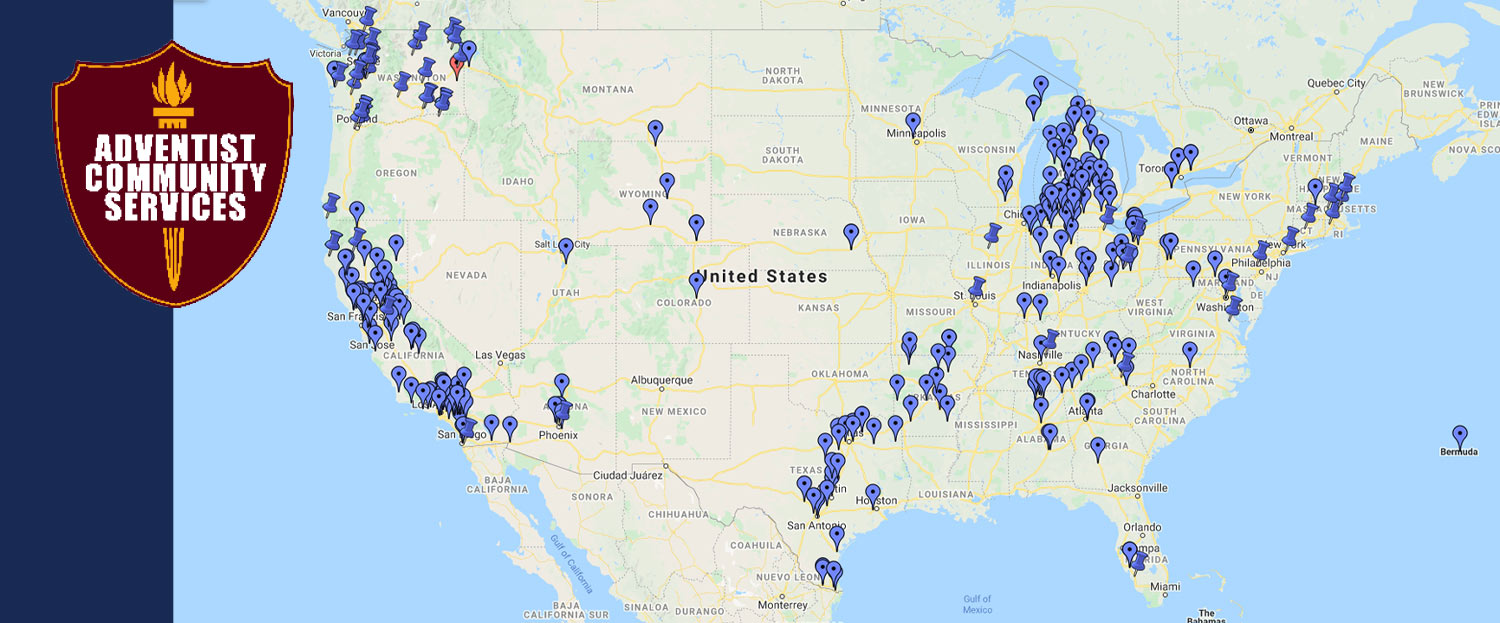
Atlanta, GA 30318
P.O. Box 519
Ashton, MD 20861-0519
Baltimore, MD 21217-3803
Windsor Mill, MD 21244-2042











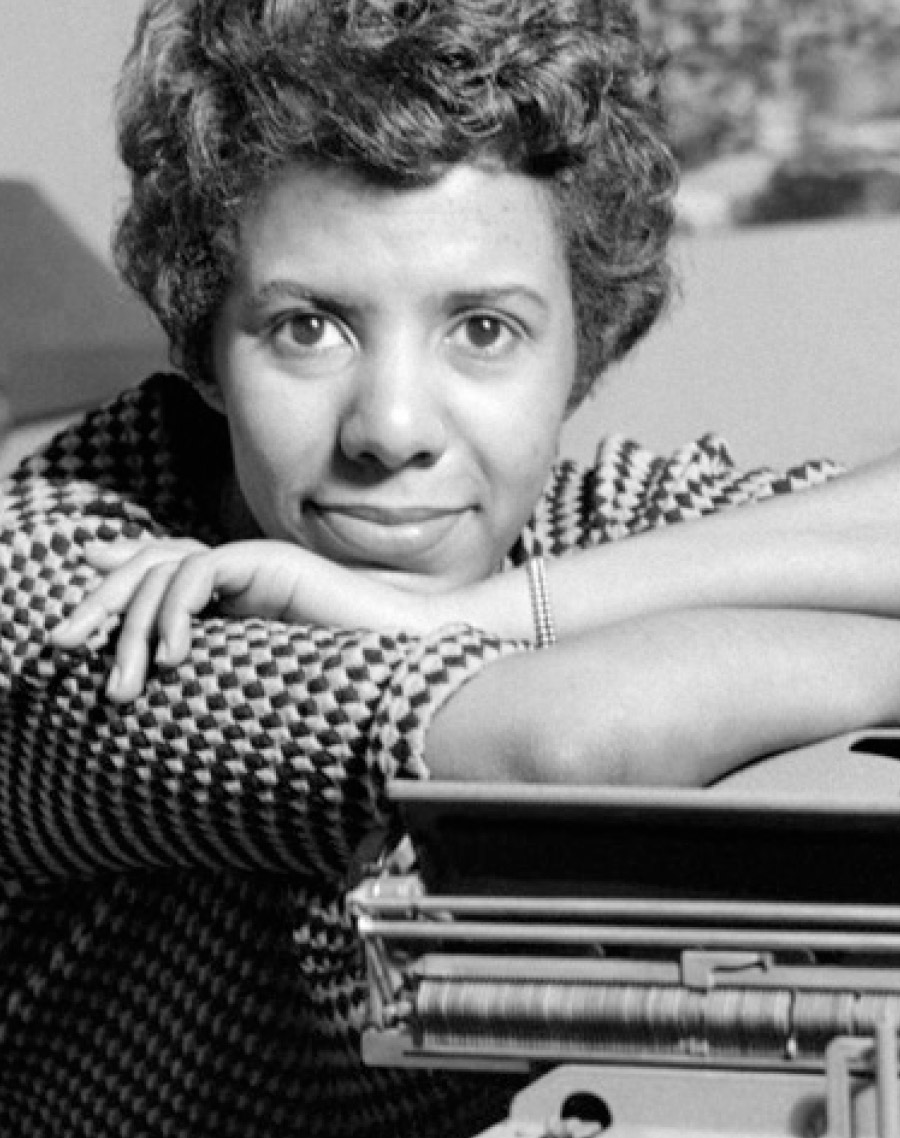

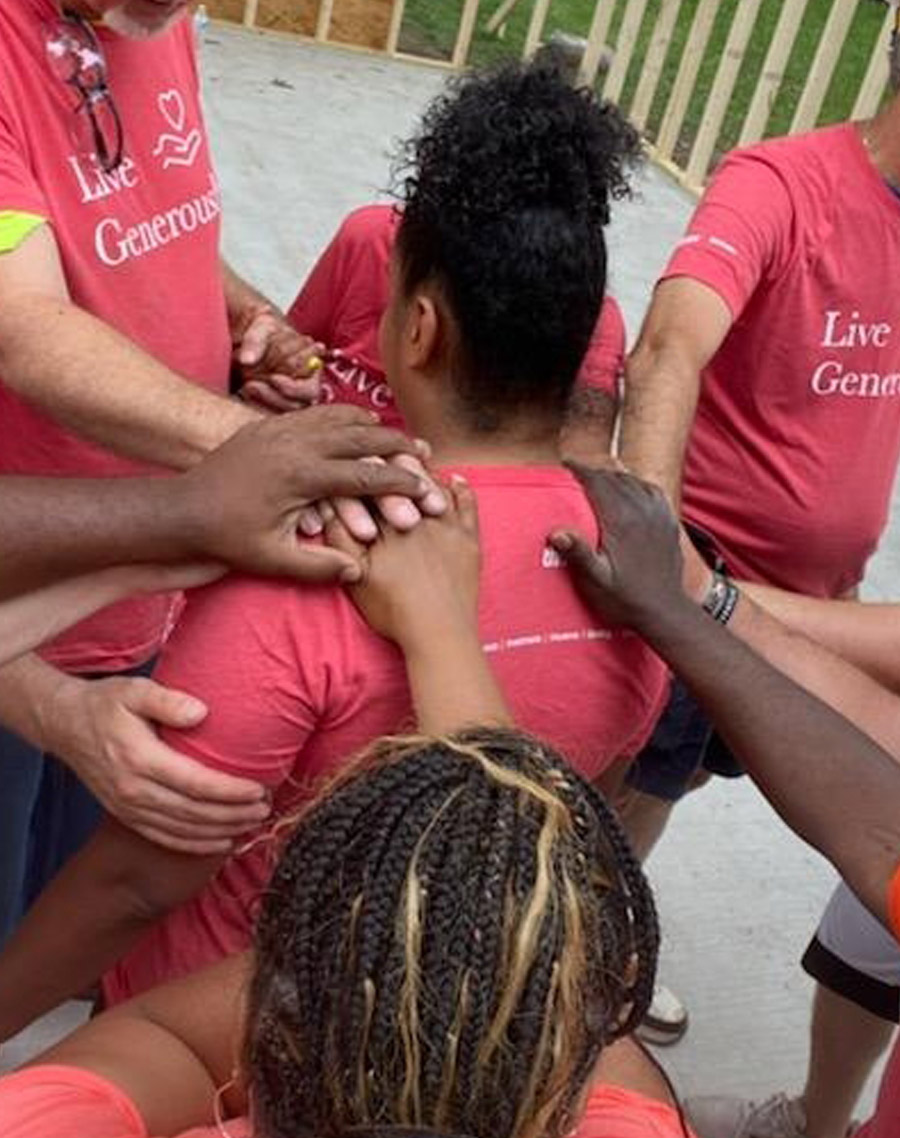
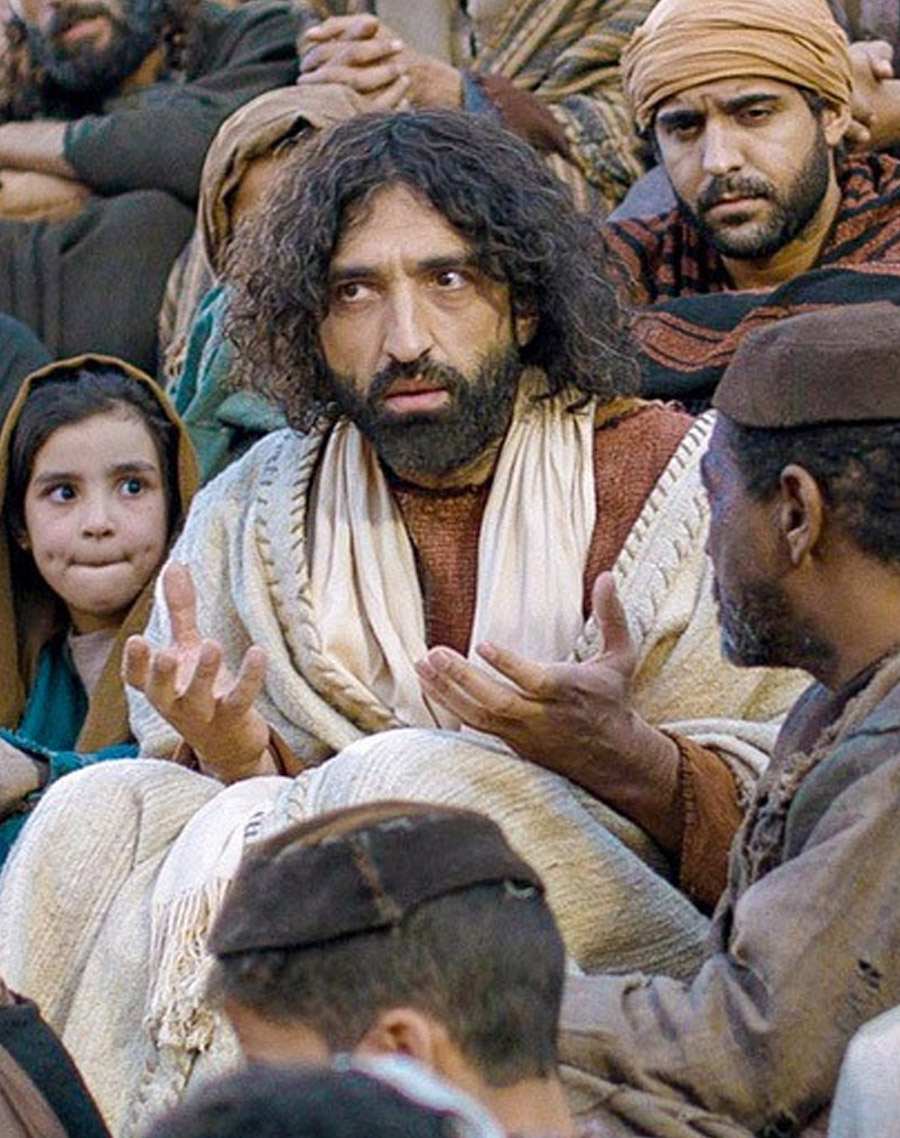
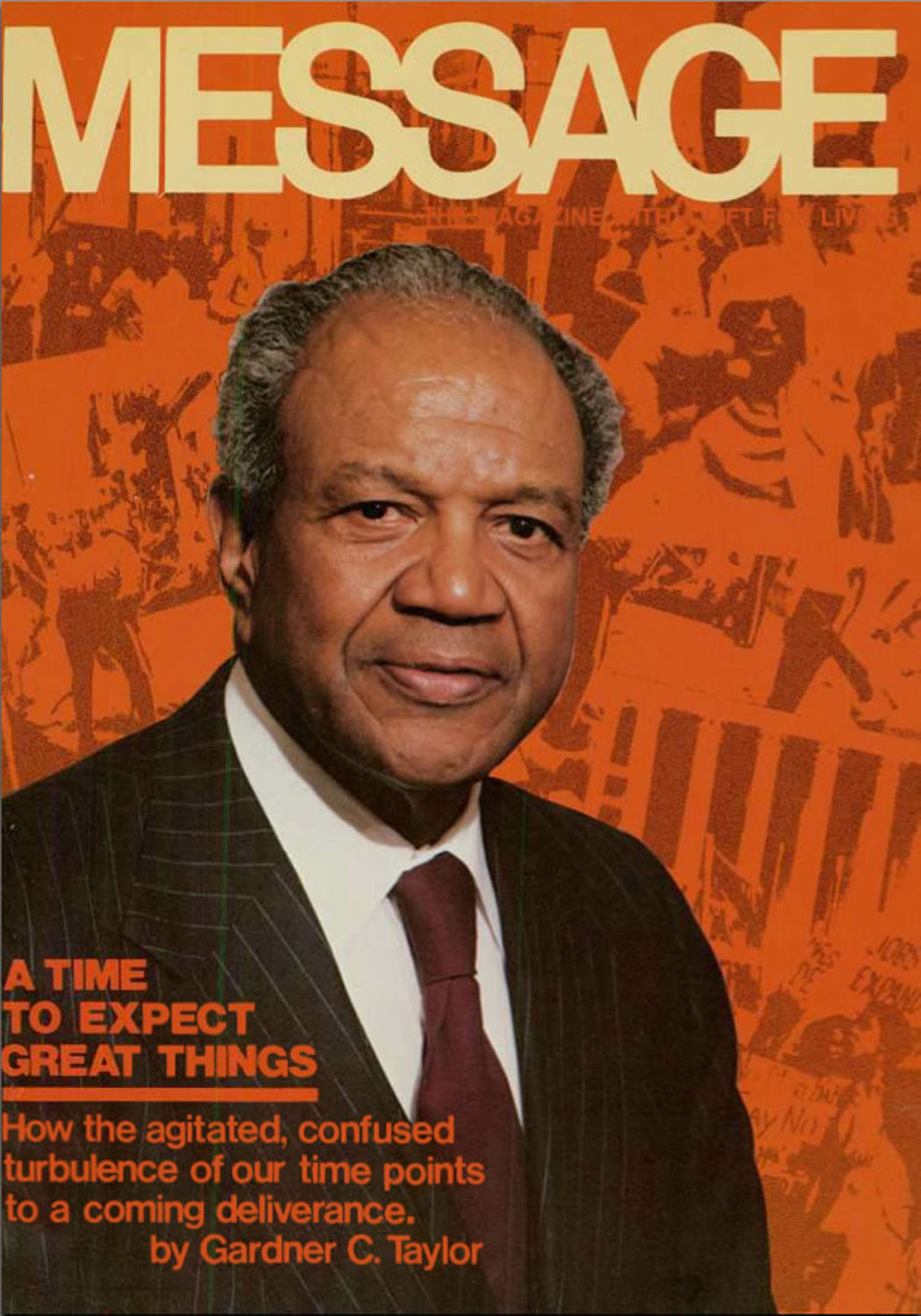




 YouTube
YouTube 